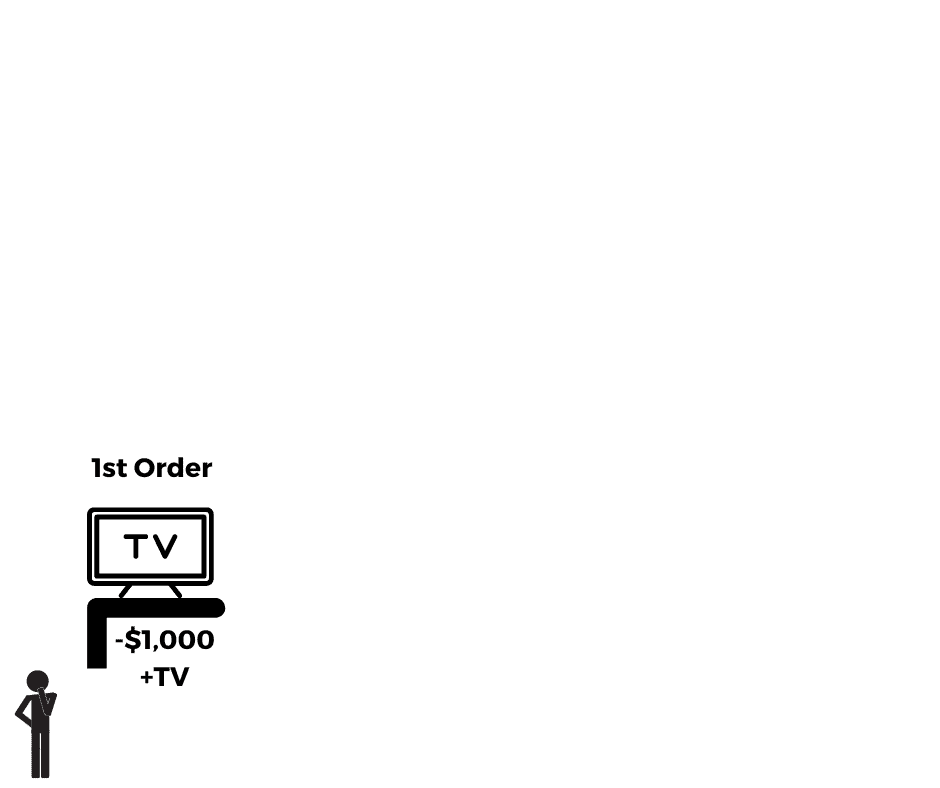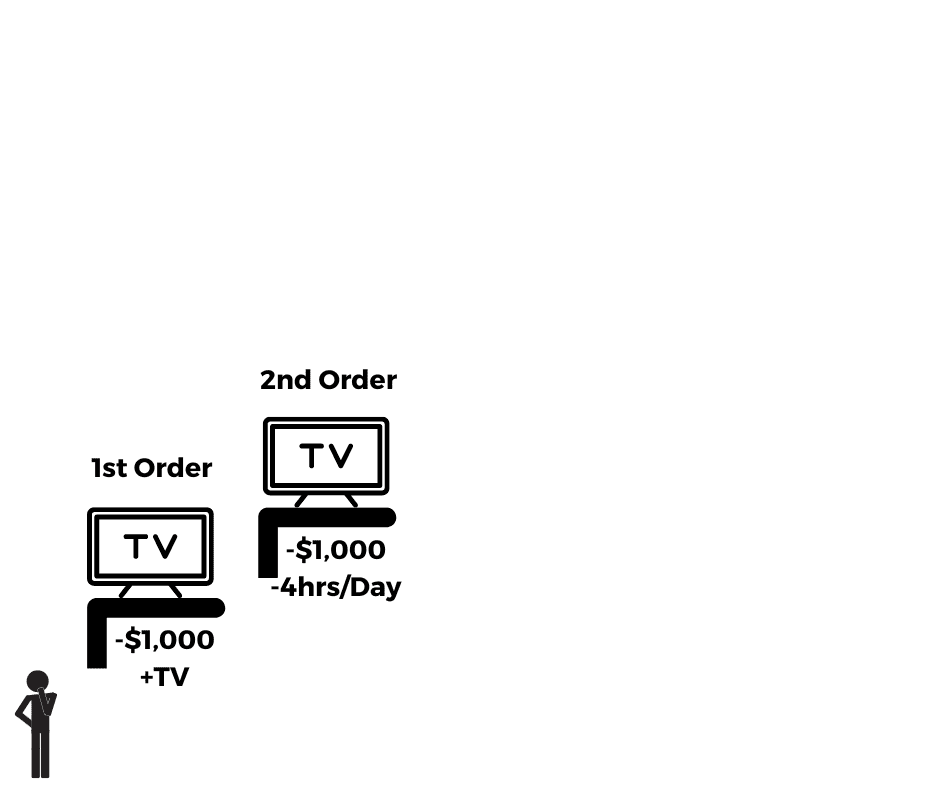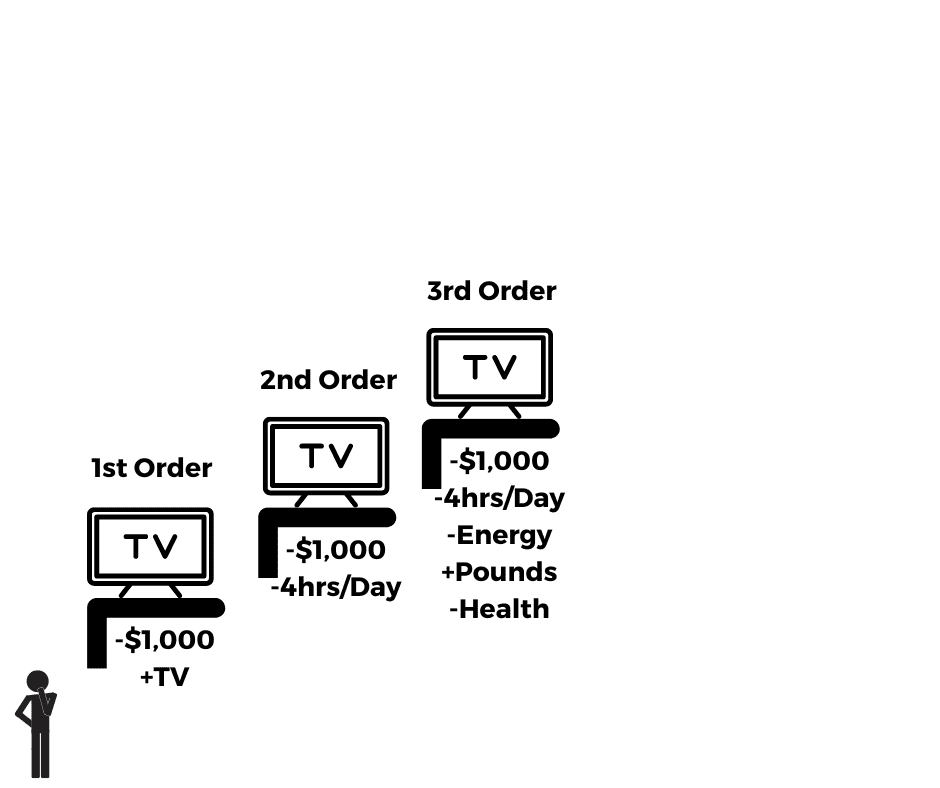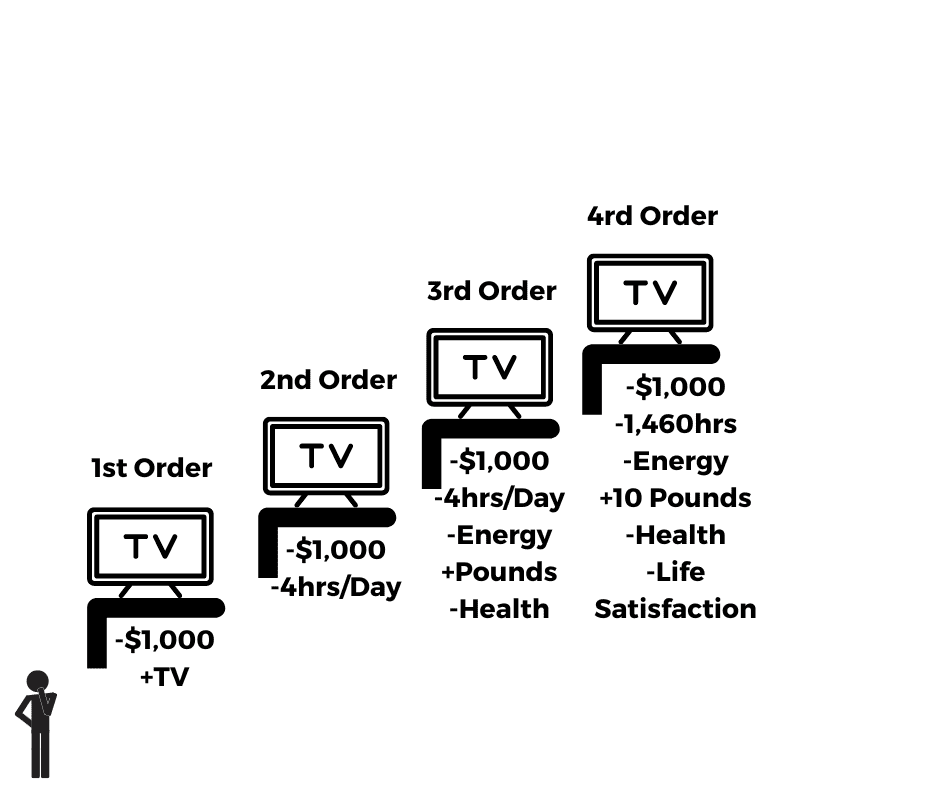About Author
Brett's writing has been featured by outlets like Outreach Magazine, Church Tech Today, and the Unstuck Church Group. Brett's courses on church marketing have over 10,000 students in 143 countries. Brett is also the author of The Digital Ministry: Reaching the ends of the earth without leaving home and is the marketing director at Clickmill.co. Brett has consulted with ministry leaders internationally, helping them create custom marketing strategies that get results. After four years of Christian college, Brett worked at Christian discipleship schools, Christian camps, and was a Youth Ministry Directory at the Salvation Army. He later spent six years in sales and marketing. Through Clickmill, Brett helps ministry leaders implement effective digital marketing strategies so they can reach more people, more effectively. Brett and his wife Siomara live in Honolulu, HI.
2nd Order Consequences of Resource Allocation (Reedited)
VIDEO SCRIPT CHAT GPT
Host: Welcome everyone! Today, we’re going to talk about decision-making and the difference between playing chess and checkers in life. Are you ready? Let’s dive in!
Host: (smiling) So, are you playing chess, or are you playing checkers? You might wonder what I mean by that. Let’s discuss the difference.
Host: In a game of checkers, people usually focus on their next move. Similarly, most people see life as a game of checkers, only looking one step ahead. However, when playing chess, players should strategize by looking multiple moves ahead to predict various scenarios. Grandmasters can even see 5, 10, or more moves ahead!
Host: In life, if you only focus on the next move, you’ll only see the 1st-order consequences of your actions. But it’s essential to look beyond them, especially when making crucial decisions like those in ministry.
Host: Let’s consider an example. Imagine you’re deciding between buying a new 4K UHD TV or saving $1,000. You choose to purchase the TV.
Host: The most immediate outcome is that you lose $1,000 – that’s a 1st-order consequence. Many people only see this far, but let’s dig deeper.
Host: The 2nd-order consequence? To justify your investment, you spend more time watching TV. With the average American watching over 4 hours daily, now you’ve sunk $1,000 and 4 hours each day into this TV.
Host: The 3rd-order consequence involves your health. As you watch TV for 4+ hours per day, you develop a snacking habit and neglect exercise. Over time, you gain weight and lose energy. Now, this TV costs you not only money but also time, health, and energy.
Host: But there’s more! The 4th-order consequence is that in one year, you’ll have spent 1,460 hours, paid $1,000, gained 10 pounds, and lost energy due to your TV purchase. These resources could have been used to start that side business you’ve always dreamed of. Along with the other costs, you may also start to feel unfulfilled and lose confidence in yourself.
Host: Of course, this scenario is hypothetical, as we don’t know all the factors involved in your life and decisions. But you should know your character and circumstances well enough to project a scenario. Understanding human nature and how the world works will help you accurately predict the order of consequences for each option and make better decisions.
Host: Starting a new ministry might sound appealing, but if it can’t become self-sustaining quickly, will it consume church resources that could have been better spent elsewhere?
Host: Remember, life isn’t just checkers – it’s chess. Think several moves ahead and consider the consequences before making decisions. Thanks for joining us today! Until next time, keep strategizing and making smart choices!
VIDEO NOTES
Are you playing chess, or are you playing checkers?
When playing checkers, people tend to only look as far ahead as the next move. Most people see life as a game of checkers.
When playing chess, people should look multiple moves ahead to try to predict what will happen in each scenario. Grandmasters look 5, 10, or even more moves ahead.
When you are only looking at the next move, you will only see the 1st -order consequences of your action. But you need to look beyond just the 1st-order consequences, especially when making ministry decisions.
Consider this example:
Should you buy that new 4k UHD TV you’ve been eyeing, or should you save $1,000 dollars? Say you you purchase the TV.
The most immediate outcome is that you lose $1,000. This is a 1st -order consequence and most people live their entire lives only seeing this far. You may have been living here until now.

Now let’s examine the 2nd-order consequence of that decision. To avoid feeling guilty about your $1,000 commitment, you’ll spend more time watching TV.

According to Nielsen media analytics, the average American watches 4+ hours of TV per day. Now you’ve sunk $1000 into this TV, along with about 4 hours each day.
The 3rd-order consequence is the cost to your health. As you watch TV for 4+ hours per day, you grow your habit of snacking (and not exercising). After doing this for a while, you put on some pounds, and the extra weight causes you to have less energy than you used to. Now the cost of this TV is not only your money, but also your time, health, and energy.

But wait, there’s more! The 4th-order consequence is that in one year, you’ll have spent 1,460 hours, paid $1,000, gained 10 pounds, and lost the energy you used to have due to your TV purchase, and all of these resources could have been used to start that side business you’ve always dreamed of. Along with all the other costs mentioned previously, you may also start to feel unfulfilled and lose confidence in yourself.

This scenario is purely hypothetical, of course, because we don’t know all the factors involved in your life and your decisions. But you do, or at least, you should know your own character and circumstances well enough to know what would happen in a projected scenario. In addition to that, an understanding of human nature and how the world works will help you accurately predict the order of consequences for each option and make better decisions.
Starting a new ministry may sound like a good idea, but if you can’t get it to be self-sustaining quickly enough, will it eat into church resources that could have been better spent elsewhere?


Leave a Reply